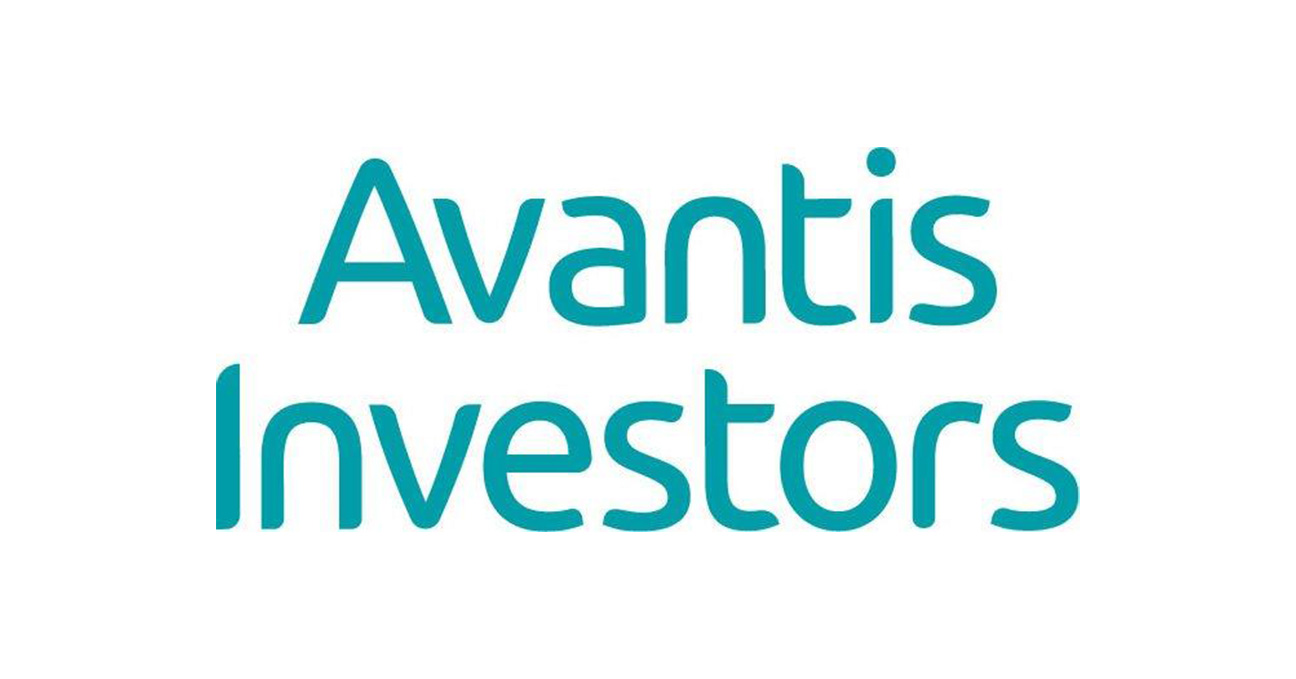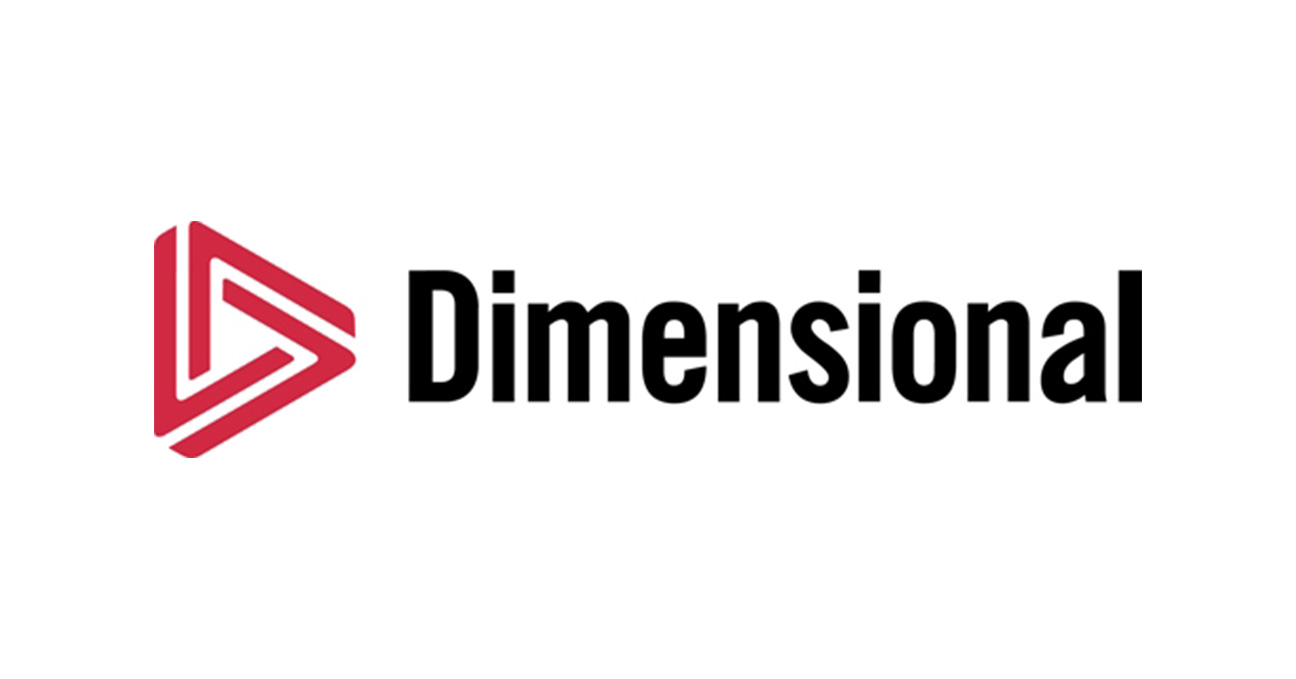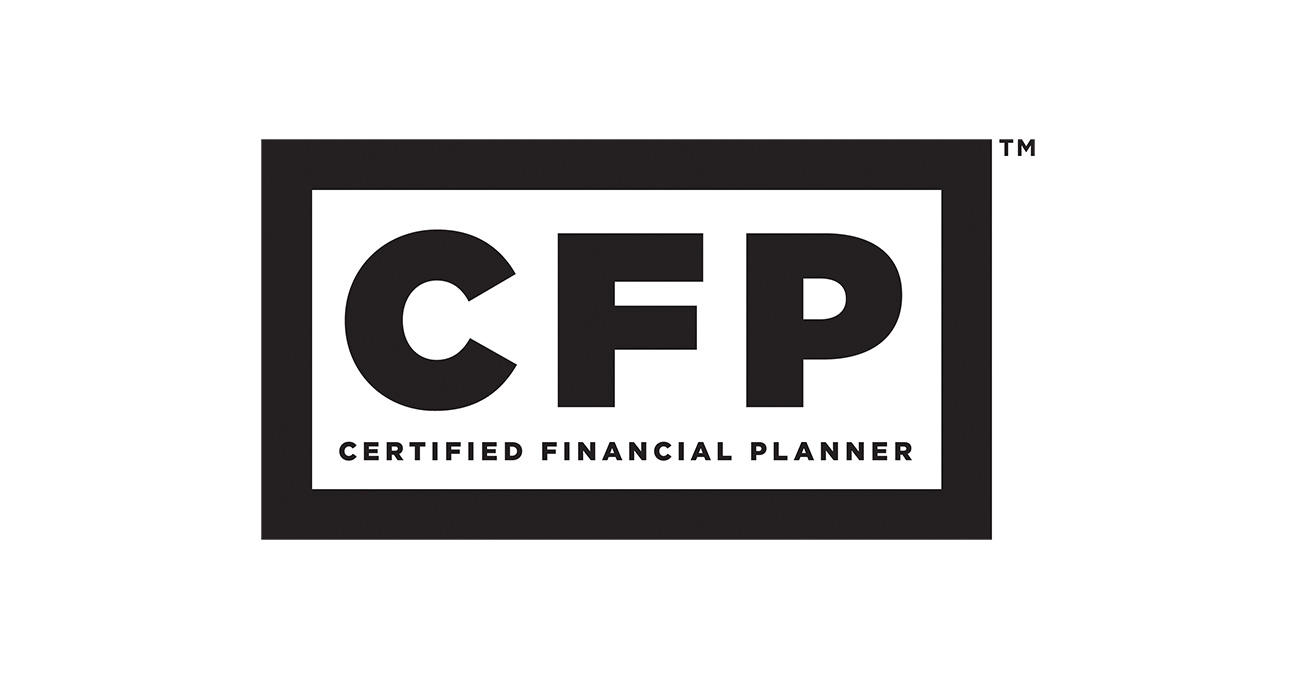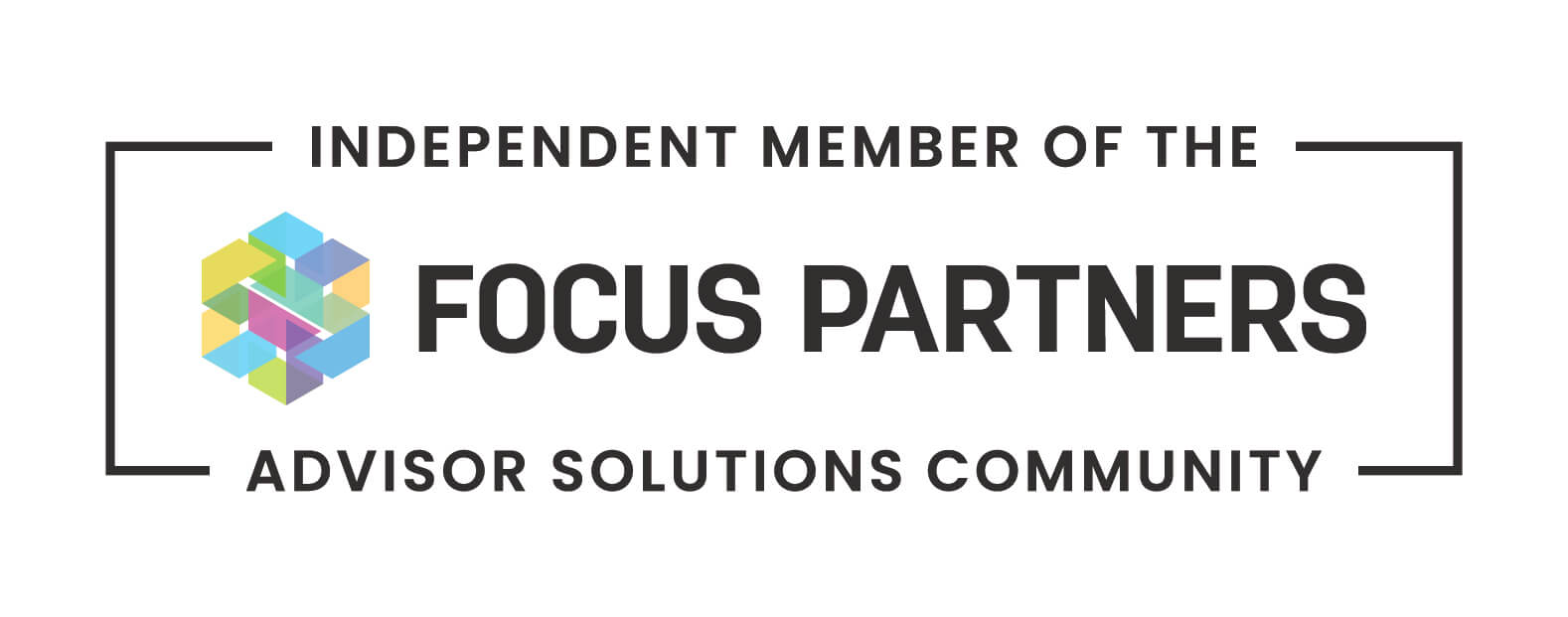Comprehensive financial planning and intelligent tax strategy aren’t separate disciplines. They often miss critical opportunities to build and preserve wealth when treated independently. When integrated, they become a powerful force working together to help you reach your financial goals more efficiently.
Too often, investors view tax planning as an afterthought, which happens in April when their accountant files a return. But the truth is, every financial decision has tax consequences, affecting your finances.
Financial planning without a tax strategy is incomplete
A solid financial plan accounts for your cash flow, investments, insurance needs, retirement, estate goals, and more. These components don’t operate in a vacuum. If you’re saving for retirement but not evaluating the long-term tax implications of your savings vehicles, you could be leaving money on the table.
A Roth IRA may be more advantageous than a traditional IRA for someone expecting higher taxes in retirement. Selling appreciated securities in a taxable account could trigger unnecessary capital gains. Failing to consider how different income streams interact may result in a higher Medicare surcharge or loss of deductions.
A well-designed financial plan will also factor in timing. When should you start Social Security? Should you delay withdrawals from retirement accounts? Should you realize gains in a low-income year? These are not just financial questions. They are tax questions.
Tax planning without a broader strategy is risky
Conversely, focusing only on minimizing taxes without a plan for your broader financial life could miss the big picture. For example, some tax shelters and high-risk strategies may reduce taxable income in the short term but introduce complexity, illiquidity, or long-term financial risk. Tax deferral is not always better. Reducing taxes this year without thinking about the next ten years may not be wise.
Suppose your CPA recommends deferring a year-end bonus to January to reduce your taxable income. That may sound great, until you realize it bumps you into a higher Medicare premium bracket next year or affects your child’s financial aid eligibility. Tax savings that aren’t aligned with your overall financial goals can sometimes create unintended consequences.
The real value is in integration
When your financial planner and tax advisor work together, your strategy becomes more coordinated and responsive.
Consider tax-loss harvesting. Done thoughtfully, it can offset gains, reduce taxable income, and increase after-tax returns. But if your advisor does not coordinate with your tax preparer, you might run into wash sale violations or miss out on carry-forward losses.
Another area where integration matters is charitable giving. Donating appreciated stock rather than cash could eliminate capital gains and deliver a larger tax benefit. A donor-advised fund might allow you to bunch multiple years of deductions to surpass the standard deduction threshold. These decisions are most effective with tax and financial planning in mind.
Roth conversions also illustrate the need for coordination.
The ideal time to convert may be in a low-income year, or just before required minimum distributions begin. Converting at the right time can reduce future required distributions, help manage Medicare premiums, and minimize taxes on Social Security. It can also replace taxable assets with tax-free Roth assets for heirs.
The case for Roth conversions is primarily about controlling lifetime taxes, increasing flexibility in retirement, and passing on more tax-efficient wealth. Modeling these scenarios is essential to avoid unintended tax consequences.
Taxes influence how you invest
Your investment portfolio should also reflect your tax situation. Asset location, which involves placing less tax-efficient investments like bonds in tax-deferred accounts and holding equities in taxable accounts, can make a meaningful difference. Tax-aware rebalancing and capital gain realization strategies can add long-term value. For high-income investors, avoiding short-term gains and optimizing around capital gains brackets is essential.
These strategies aren’t just about what to invest in, where, and when. They work best when your advisor understands your financial picture and tax profile.
Real-life scenarios highlight the connection
You are a high-earning executive with significant stock options and deferred compensation. Without thoughtful coordination, you might exercise incentive stock options (ISOs) during a high-income year, triggering the alternative minimum tax and losing valuable deductions.
A proactive advisor might help you spread exercises over multiple years, identify charitable strategies to offset gains, or use a net unrealized appreciation (NUA) strategy, available when distributing employer stock from a qualified plan, to reduce ordinary income tax on growth.
Or take a retired couple in their early seventies. They have Social Security, modest required minimum distributions, and taxable dividends.
Their advisor notices they are in a low marginal bracket and recommends a partial Roth conversion each year to smooth future taxes.
Doing so reduces future required distributions, minimizes taxes on Social Security, and helps their heirs by replacing taxable assets with tax-free Roth accounts.
These examples are not hypothetical. They happen when advisors are empowered to integrate planning with taxes.
Who benefits from integrated advice?
If you are an investor with taxable assets, own a business, have stock options, or are charitably inclined, integrated advice is especially critical. Even if your situation seems straightforward, the value of combined planning and tax advice should not be underestimated. Tax laws change. Your goals change. Your income fluctuates. Having a team that understands both sides of the equation helps you adapt.
This is particularly true for investors in higher tax brackets, those in retirement, and those approaching liquidity events. A few smart decisions at the right time can save hundreds of thousands of dollars over a lifetime.
What to look for in an advisor
Ask whether your advisor provides tax-aware financial planning. Do they coordinate with your CPA? Are they both an investment advisor and a C.P.A.? Do they run tax projections and model long-term outcomes? Do they help you make tax-smart investment decisions and charitable gifts?
Advisors prioritizing this integration often collaborate with CPAs or have in-house tax expertise. They use planning software to model outcomes, understand the tax code, and stay updated with changing laws.
If your advisor only talks about investments but never about tax location, charitable strategies, Roth conversions, or how to optimize withdrawals, you might not be getting the whole picture.
Tax planning isn’t just for April
The most effective tax planning happens year-round. It is embedded in how you structure your accounts, harvest gains and losses, give to charity, draw income, and allocate assets. It is dynamic, not static. It requires thinking ahead, not looking backward.
When your advisor understands the tax implications of your financial choices, you are in a stronger position to make wise decisions. When your tax professional sees the full context of your financial life, they can help you avoid pitfalls and capture opportunities.
Together, financial planning and tax strategy are greater than the sum of their parts.














